Yesterday I was invited to speak and participate in a panel on the ‘EU Customs – Making a difference in modern trade?’ seminar that was organized by IATA jointly with six other trade associations at the WCO premises.
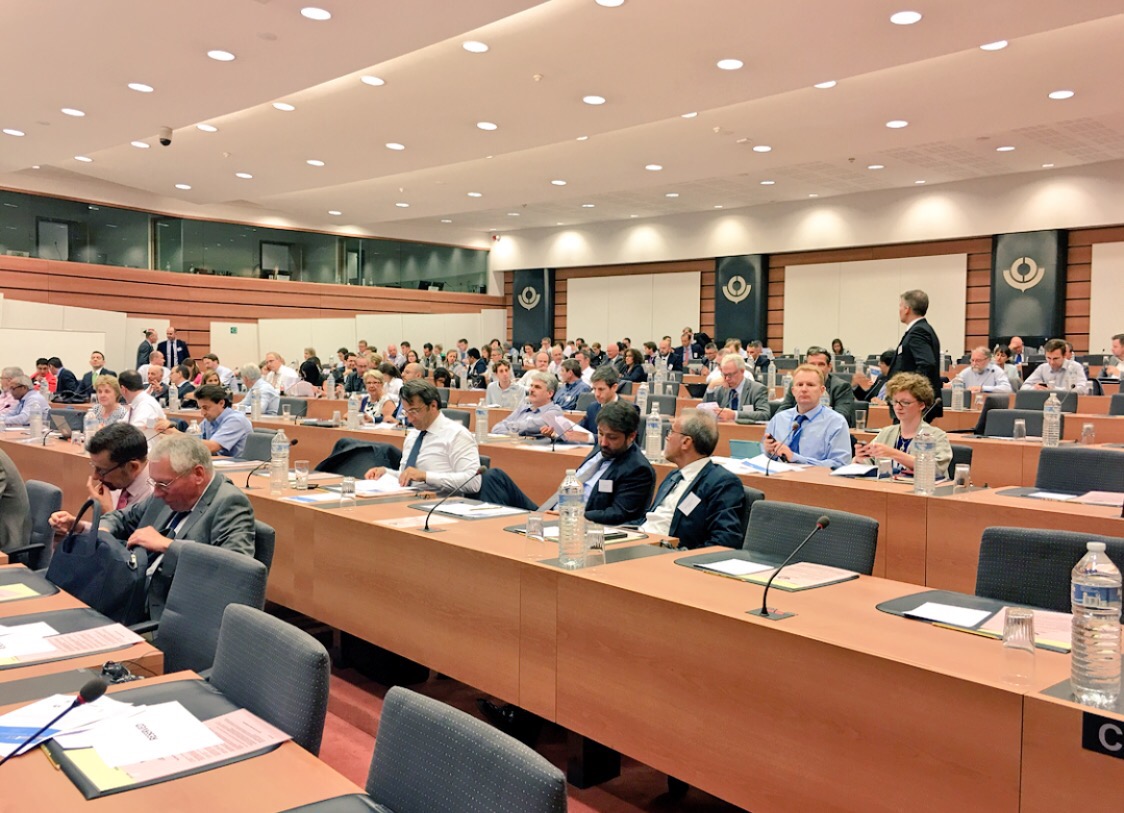
It was a high-level seminar about The future of trade and how the new European Customs legislation, Union Customs Code (UCC) presents a platform for a more competitive busines environment. Great dialogue and discussions.
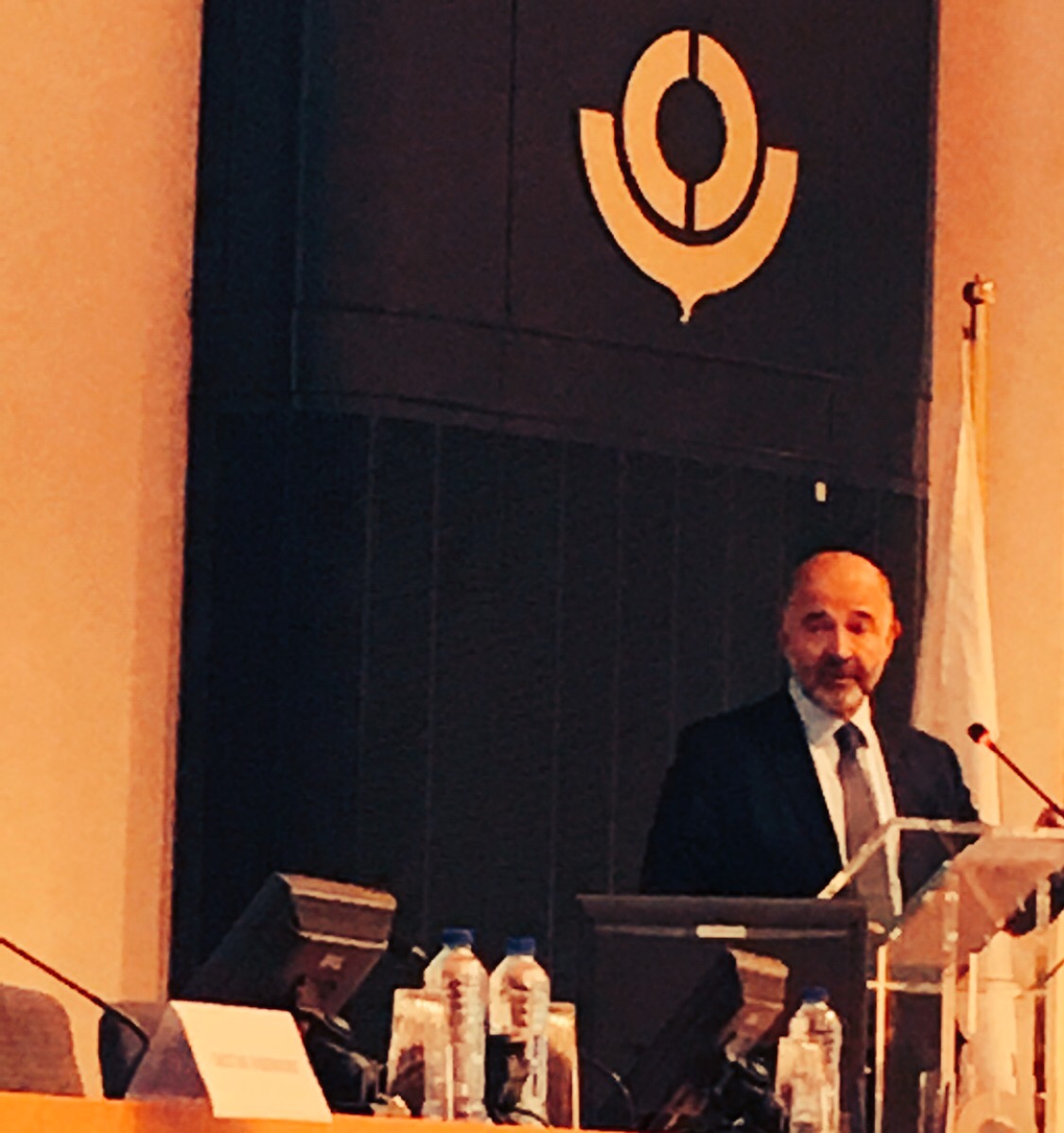
Pierre Moscovici, EU Commissioner for Economic and Financial Affairs, Taxation and Customs delivered the Key Note Speech at the seminar.
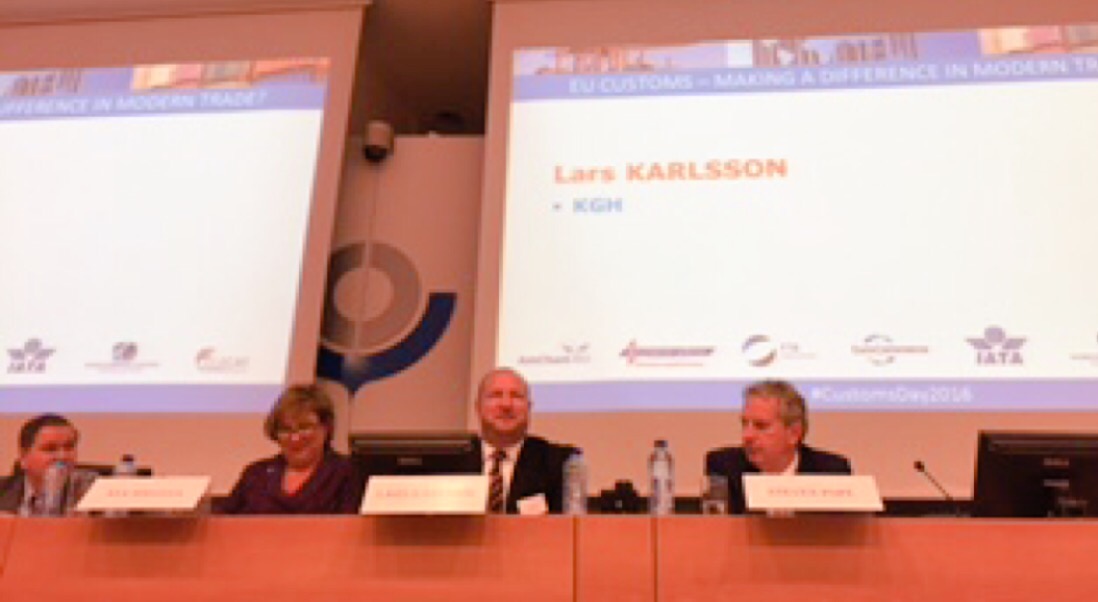
I participated in a panel with the theme, ‘A vision of Customs as a competitive element of trade facilitation’.
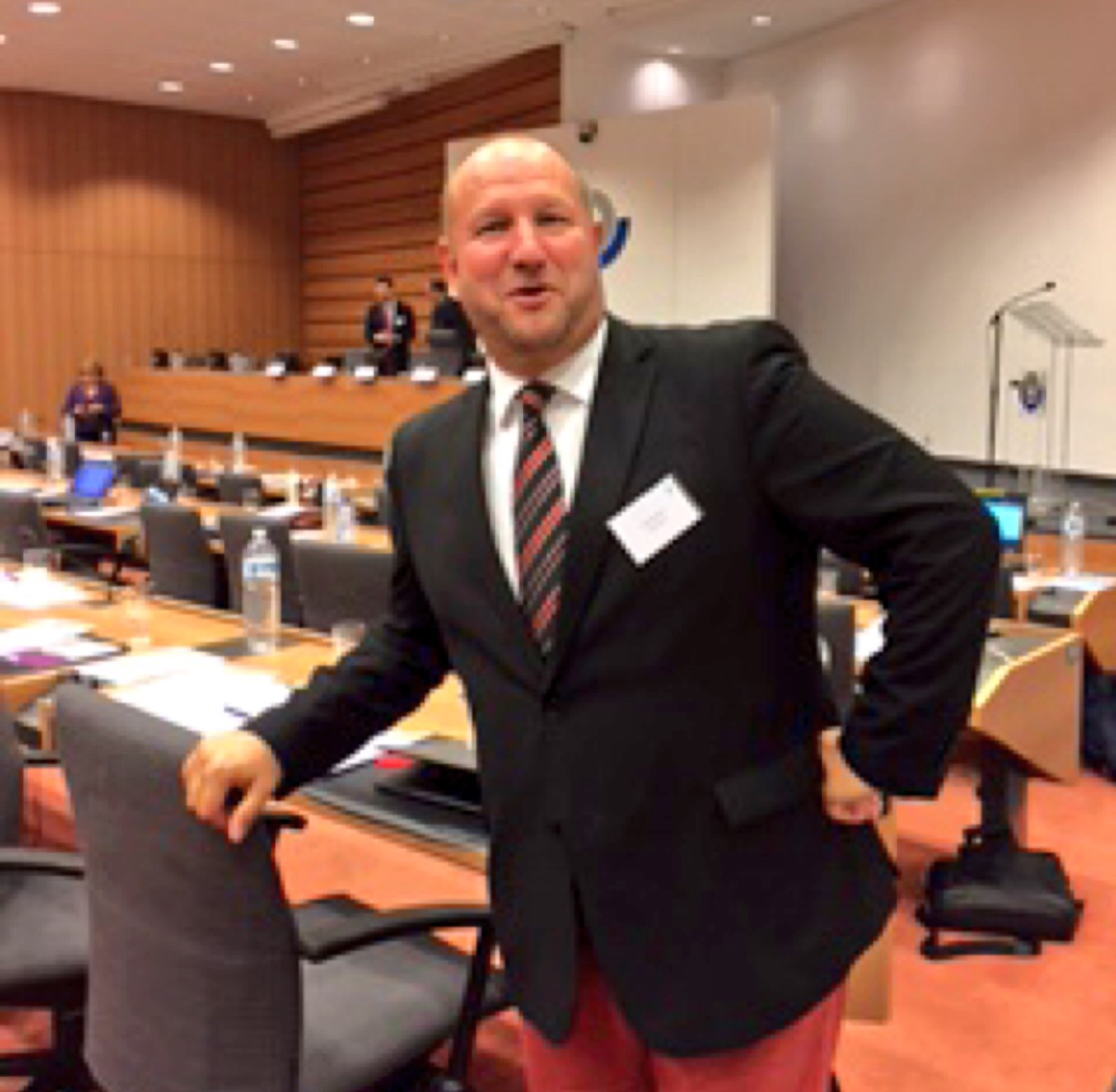
It was also great to visit my old workplace, World Customs Organization – where I spent five years from 2006 to 2010 as the first elected Director of Capacity Building. I love this place.
Yesterday evening Sweden played Netherlands at home in the opening game of the FIFAWorld Cup Qualifyer.
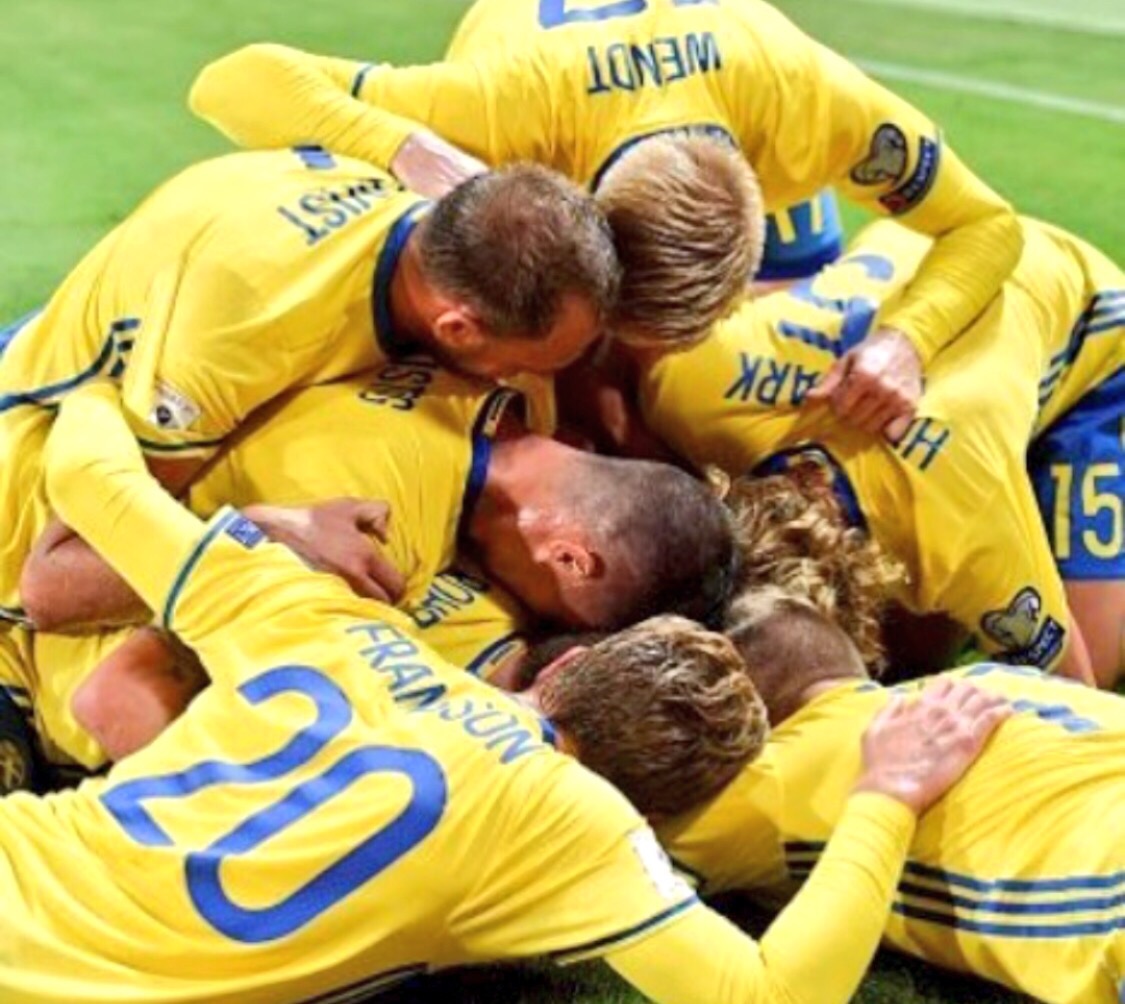
The game ended 1-1 after Sweden scoring in the first half, a great goal by striker Marcus Berg and Wesley Sneijder equalizing in the middle of second half.
Netherlands was the better team and had the ball possession and the young, new Swedish team played a good game in defence and went for counter attacks.
In th group France only got a 0-0 result playing Belarus in Minsk.
Tonight we will play Netherlands in the FIFA 2018 Soccer World Cup Qualifyer group stage. It is the first game in the new campaign. Sweden is in a very difficult group with recent European Silver medalists France and the last World Cup bronze winners Netherlands.
We have a new young national team, since four of our best players have ended their national team careers. The most significant being naturally our captain Zlatan Ibrahimovic who has stopped his national team campaign arter breaking all previous records.
Now it is time for The Next One, John Guidetti, to lead this new team towards success. Guidetti, that normally plays for Celta Vigo in Spanish La Liga, was captain of the Swedish under21 national team that won the UEFA EuroCup last year.
We also have a new national team coach. Starting with the worst possible opponent, Netherlands – new manager Jan Andersson will have his test.
The result? It will be difficult for Sweden, even though we normally are strong at home in Stockholm. One thing is sure though, tonight John Guidetti scores… He normally does.








You must be logged in to post a comment.